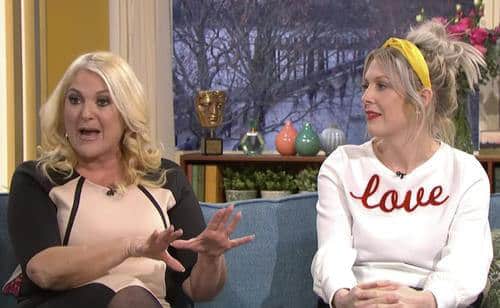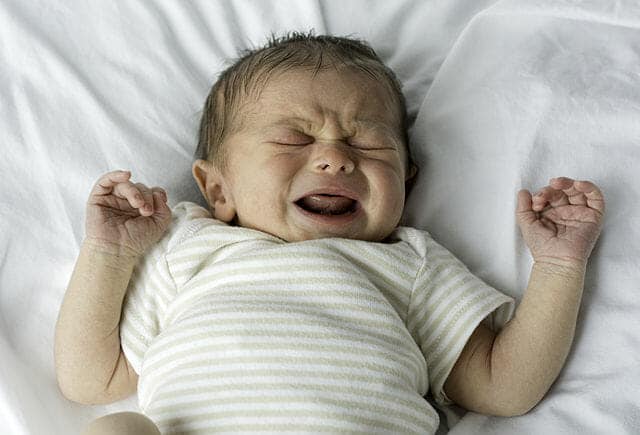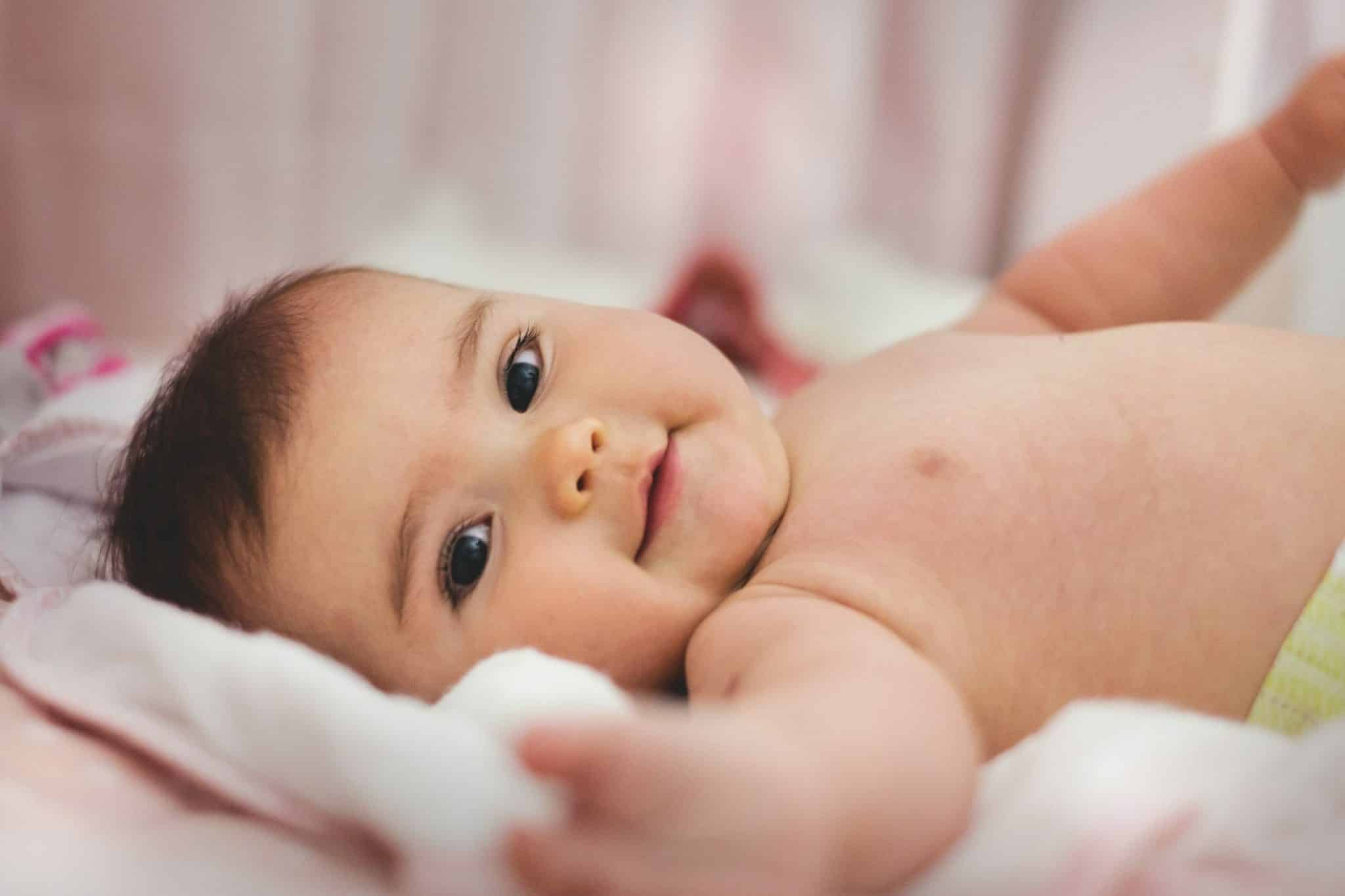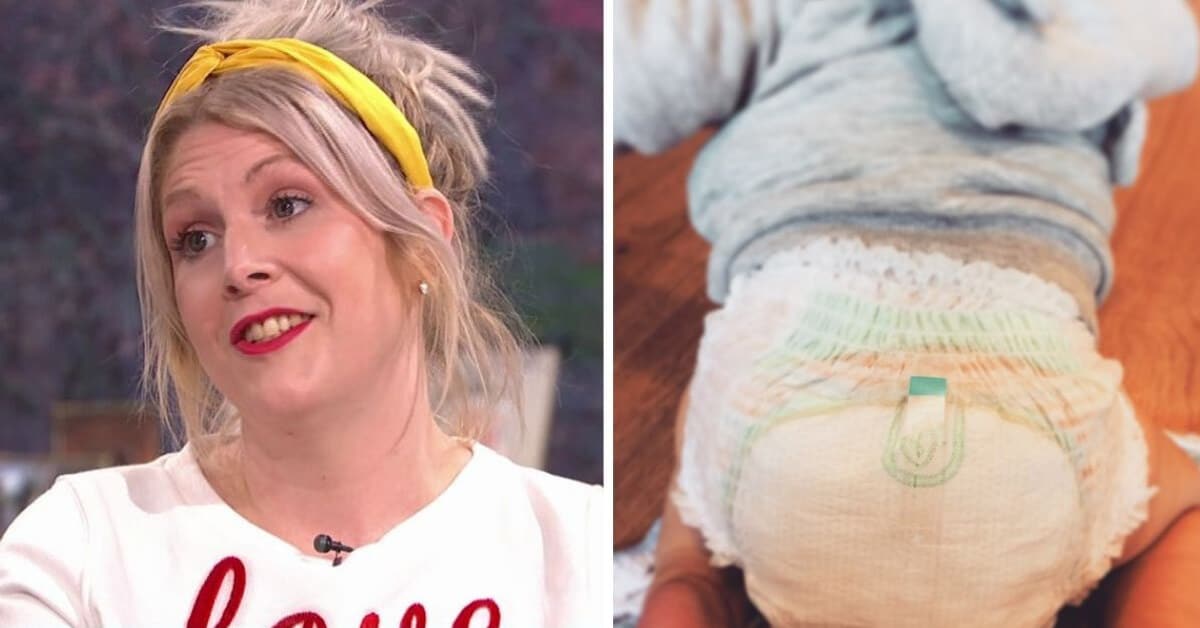Changing diapers and everything else that goes along with it is something that none of us particularly enjoys doing. Despite this, most of us have had to or will have to engage in this typical aspect of child-rearing at some point in our lives.
This mother has some interesting perspectives on when and how to change a baby’s diaper, beginning with obtaining the baby’s permission before taking action yourself.

When a person or couple has a child, one of the responsibilities that come along with it is taking care of the child’s diapering needs. Despite the fact that it is not the most enjoyable aspect of being a parent, almost everyone will go through it at some point.
As is the case with the vast majority of issues that arise in the context of child-rearing, there are always many different points of view regarding the appropriate way to care for an infant. Experts and parents have varying opinions on the types of diapers that are most effective, how often a child’s diaper should be changed, and how to change a diaper correctly.
The American Pregnancy Association suggests that a baby’s diaper should be changed every two to three hours, which is a frequency that the vast majority of seasoned parents would agree is reasonable.
Despite this recommendation, not all parents follow it when making decisions about when and where to change their child’s diaper.

Lottie Daley, who is a mother herself, was recently interviewed on the popular talk show This Morning. During the course of the conversation, she discussed her criteria for determining when it is appropriate to change a baby’s diaper. These criteria caused quite a bit of controversy.
Before a child’s diaper is changed, Daley believes that permission should be obtained from the child first. She is of the opinion that teaching young children about consent and the concept of bodily autonomy will benefit society as a whole.
Of course, a straightforward “yes” or “no” question is not the best way to determine whether or not an infant has given their consent. Children under one-year-old are unable to comprehend or respond to a request for permission.
Lottie will continue to make an effort to ask the question in the hopes that by doing so, the child will begin to build the expectation of asking and being asked before touching someone.

This is a habit that can be developed in a variety of settings in addition to changing diapers. In her interview, Daley explained that the practice should also be used when giving them a bath, cleaning or wiping things off of them, and prior to tackling them.
The mother of two children puts what she preaches into practice, and even though her daughters are five and seven years old, she still gets their permission before assisting them when they are cleaning up after themselves.
Teaching children about appropriate ways to give and receive consent at a young age, as opposed to delaying such instruction until the children are older, is the central tenet of Lottie’s worldview. Children will have the ability to set limits for themselves and others, as well as respect those limits set by others.

She goes a step further by adding that there should be no more tickling, which is another point she makes.
Russell Brand, the comedian and longtime friend of Lottie, has previously appeared on This Morning as a guest host. Even the star of “Get Him to the Greek” has been quoted as having very similar views on how children should be raised.
He argues that we should not do anything to a child without their consent that we would not do to an adult. In other words, we should treat children the same way we treat adults. To act in any other way would be a violation of the individual’s right to the autonomy of their own body.
The celebrity urged parents to think about how awkward or inappropriate it would be to tickle an adult with their consent and asked them to extend the same courtesy to their children, encouraging them to consider how uncomfortable or inappropriate it would be to tickle an adult with their consent.

After providing an explanation of her position regarding the show, Daley, as was to be expected, was subjected to criticism across a variety of social media platforms.
Many people voiced their concern that her views were getting dangerously close to the point where they would never be able to help children clean themselves again, which would result in poor hygiene as well as potential health risks. Some people believe that restricting activities such as tickling goes too far and takes away from the unique qualities that make parenting so rewarding.










